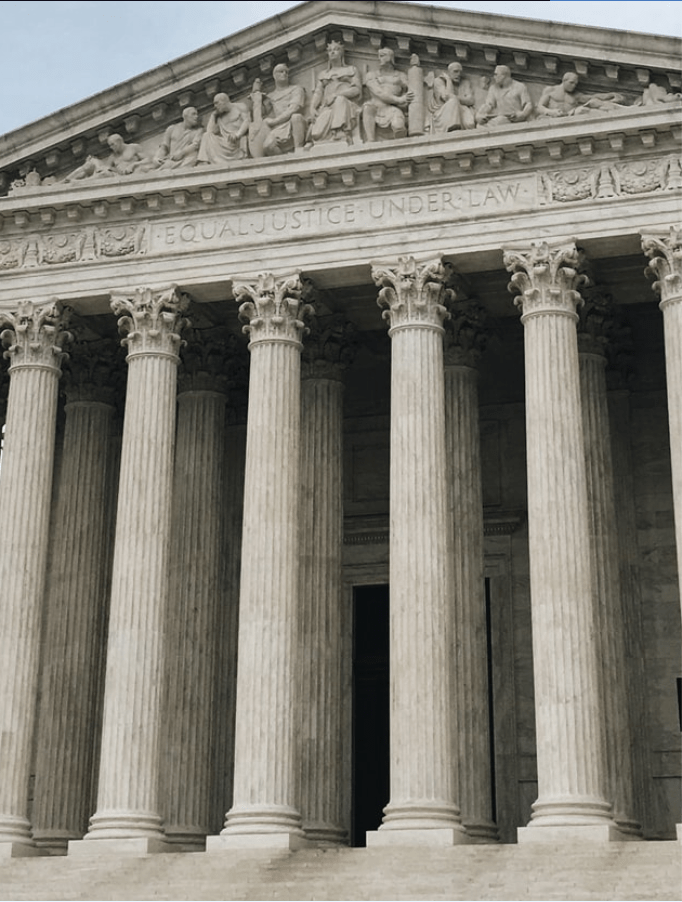
Fourth Amendment: Comprehensive Search and Seizure (JS 645) – ONLINE
Tuition
1499
Days
to
Course Location
Online
Course Fees
Tuition
$1499
If the amendment is violated, does the exclusionary rule apply? The Fourth Amendment is the most implicated constitutional protection. It is also the most litigated. Accordingly, judges frequently rule on motions concerning the Fourth Amendment. The faculty provides the participants with a detailed framework to rule on such motions. The course helps judges to answer: What is a search? When does a seizure occur? What are the types of searches and seizures? What interests are protected by the Amendment? Who has standing to challenge the intrusion? When is a search or seizure justified? When do the police need a warrant? If the Fourth Amendment has been violated, does the exclusionary rule apply?
The four-day course offers insights on motion hearings practice and ethics and examines the major categories of searches, including consent searches, protective sweeps, exigent circumstances, community caretaking, inventory searches, automobile searches, frisks, and searches incident to arrest. The course also contains sessions on warrant issuance and review of that decision, and warrant execution issues. Finally, the course examines in detail the developing principles related to computers and digital evidence.
towards degree programs
Course $1499
During this course, you will learn to:
- Describe the four interests protected by the Amendment (i.e., people, houses, papers, and effects);
- Identify the limitations on those interests, including curtilage, open fields, assumption of risk, and voluntary disclosure;
- Articulate the Supreme Court’s framework to address standing;
- Describe and apply the standards to determine consent to search, including actual, apparent, and third-party consent;
- Determine when a seizure occurs within the meaning of the Fourth Amendment;
- Identify the principles regulating the main categories of searches (listed above);
- Summarize the principles related to execution of a warrant, including staleness, “knock and announce,” and limitations on detaining a person during the execution of a search warrant;
- Summarize the elements of a valid search warrant and apply those principles in connection with issuing a warrant and reviewing the warrant at a motion to suppress;
- Analyze the principles related to the exclusionary rule, including the “fruit of the poisonous tree” doctrine, “attenuation of the taint” doctrine, “independent source” doctrine, “inevitable discovery” rule, and the culpability and “good faith” limitations on the rule;
- Describe the courts’ treatment of when the Fourth Amendment applies to computer and digital evidence, including important limitations based on the private search doctrine and voluntary disclosure;
- Analyze when a search is justified in cases involving computer and digital evidence; and
- List a variety of important emerging issues in cases involving computer and digital evidence, including social media and geo-fence warrants.
Why should I take this course?
The Fourth Amendment is the most implicated constitutional protection. It is also the most litigated. Accordingly, judges frequently have to rule on objections and motions concerning the Fourth Amendment. What is a search? When does a seizure occur? What are the types of searches and seizures? What interests are protected by the Amendment? Who has standing to challenge the intrusion? When is a search or seizure justified? When do the police need a warrant? If the Fourth Amendment has been violated, does the exclusionary rule apply?
The four-day course offers insights on motion hearings practice, examines the principles related to consent searches, and contains sessions on warrant issuance and review of that decision, warrant execution issues, and searches without warrants. These latter searches include exigent circumstances, community caretaking, inventory searches, and automobile searches. The course also discusses frisks and searches incident to arrest. Finally, the course offers an overview of developing principles related to computers and digital evidence.
Who should attend?
The course is valuable to both beginning and experienced judges.
Who are the members of the faculty?
The faculty for this course include a law professor who has authored two editions of Fourth Amendment treatises and judges who have educated hundreds of their colleagues on the topic of search and seizure.
How is this course taught?
A variety of teaching techniques including lectures, case studies, large and small group discussions, and polling questions. The course is an excellent mix of the theoretical and practical.
What should I tell my presiding judge or funding agency so that my attendance will be approved?
Ruling incorrectly on a search or seizure matter can result in having to retry a case. The Fourth Amendment is one of the most litigated and most technically difficult areas of the law. To avoid wasting scarce judicial resources, all judges can benefit from participation in the course.
Whom should I contact for more information?
For more information, please contact the Registrar’s Office at (800) 255-8343 or registrar@judges.org.
This course qualifies for 2 credits toward the Master of Judicial Studies Degree Program and Judicial Studies Doctoral Program at the University of Nevada, Reno upon successful completion of the course and passing the course exam. In addition, this course qualifies for The National Judicial College Certificate in Judicial Development program Appellate Judicial Skills, General Jurisdiction Trial Skills and Special Court Trial Skills disciplines.